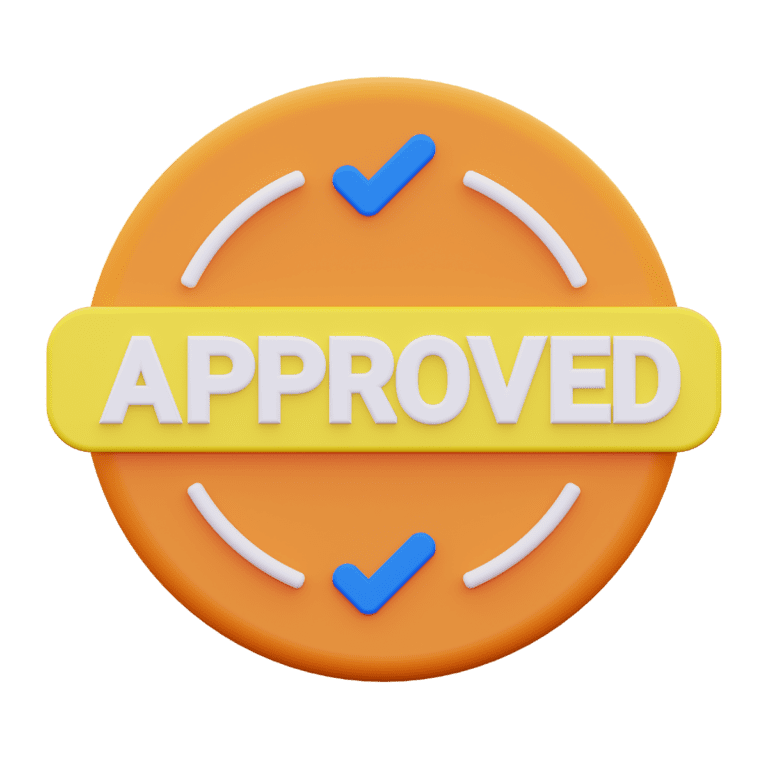Your Guide to Inbound Linking | Dynovate Digital
Transform Your SEO Strategy
Inbound linking is a pivotal element in SEO strategy. It holds immense power in shaping how search engines perceive and rank your website. This guide will provide a detailed and easy-to-read overview of the importance of inbound linking, best practices, and common pitfalls to avoid, ensuring your SEO efforts are both effective and sustainable.
Inbound linking, also known as backlinking, refers to links that come from external websites to your own. These links are crucial as they act as endorsements, signaling to search engines that your content is valuable and trustworthy. The quality and quantity of inbound links can significantly influence your website’s search engine rankings.
Why Does Inbound Linking Matter?
SEO Ranking Boost: Inbound links are a major factor in search engine algorithms. They help search engines understand the relevance and authority of your content.
Increased Traffic: Quality inbound links from reputable sites can drive significant referral traffic to your website.
Brand Authority: Being linked to authoritative sites boosts your brand’s credibility and trustworthiness in the eyes of both search engines and users.

How Inbound Linking Works
Search engines use inbound links as a measure of a webpage’s authority and relevance. When a reputable site links to your content, it acts as a vote of confidence, suggesting that your content is valuable and worth sharing. The anchor text (the clickable text in a hyperlink) used in these links further helps search engines understand the context and relevance of your content.
Focus on Quality: Aim to get inbound links from high-authority, relevant websites. A few high-quality links are far more valuable than numerous low-quality ones.
Natural Link Building: Develop content that naturally attracts inbound links. High-quality, informative, and engaging content is more likely to be shared and linked to by others.
Diverse Anchor Text: Use a variety of anchor texts in your inbound links to avoid over-optimization and to make your link profile appear more natural.
Guest Blogging: Contribute to reputable blogs in your industry. This not only helps in building inbound links but also establishes your authority in the field.
Content Marketing: Create valuable content such as infographics, whitepapers, and case studies that others find useful and link to.

Common Mistakes to Avoid
Link Farms: Avoid getting links from link farms or other low-quality sites. These can harm your SEO rather than help it.
Over-Optimization: Using the same anchor text repeatedly can make your link profile look unnatural. Mix it up with branded, generic, and keyword-rich anchors.
Irrelevant Links: Ensure that your inbound links come from sites relevant to your industry or niche. Irrelevant links may not provide much value and could be seen as spammy.

Common Pitfalls in Using Anchor Text in Back-links
Over-Optimization: Using exact match keywords excessively in anchor text in back-links can lead to penalties from search engines for appearing unnatural or spammy.
Generic Text: Using non-descriptive phrases like “click here” in anchor text in back-links fails to provide context or relevance. Opt for more informative phrases that describe the linked content.
Ignoring Brand Terms: While it’s important to use varied keywords, completely ignoring brand terms in anchor text in back-links can be detrimental. A balanced approach is key.

Case Study: The Impact of Inbound Linking
Consider a company that sells eco-friendly products. By publishing insightful articles on sustainability and collaborating with environmental blogs, the company could earn high-quality inbound links. These links not only improve their search engine rankings but also attract eco-conscious consumers directly to their site, boosting both traffic and sales.
Regularly monitor your inbound links to ensure they are benefiting your SEO strategy. Tools like Google Search Console, Ahrefs, and SEMrush can help you track the number and quality of inbound links, as well as identify and disavow harmful links.
Inbound linking is an essential component of a successful SEO strategy. By focusing on quality, relevance, and natural link-building techniques, you can significantly enhance your website’s authority and search engine rankings. Avoid common pitfalls and regularly monitor your link profile to ensure sustainable and effective SEO performance.
Remember, inbound linking is not just about quantity but about the quality and relevance of the links. By following the best practices outlined in this guide, you can harness the full potential of inbound linking to boost your online presence and achieve long-term success.







